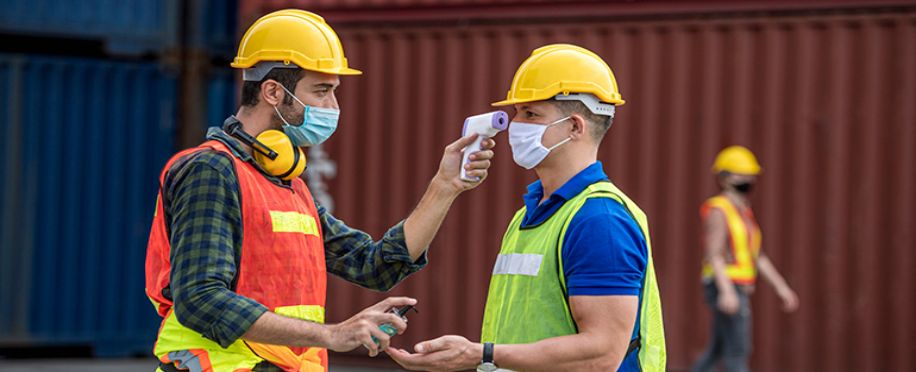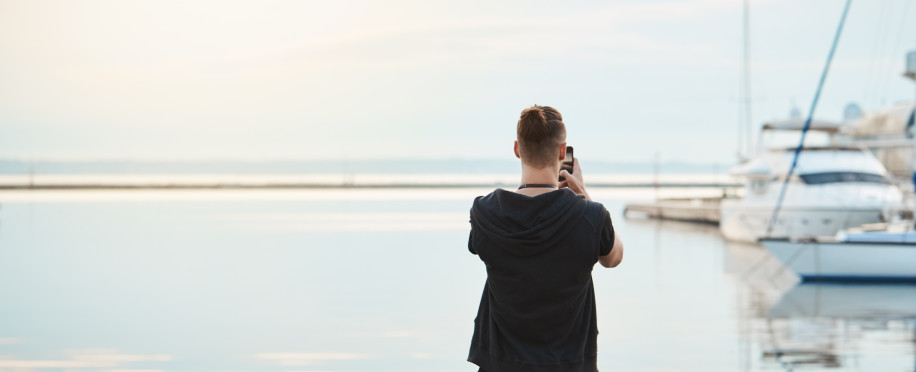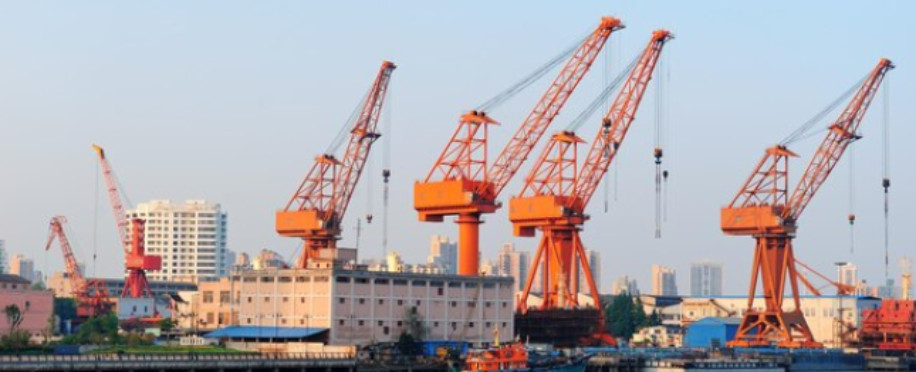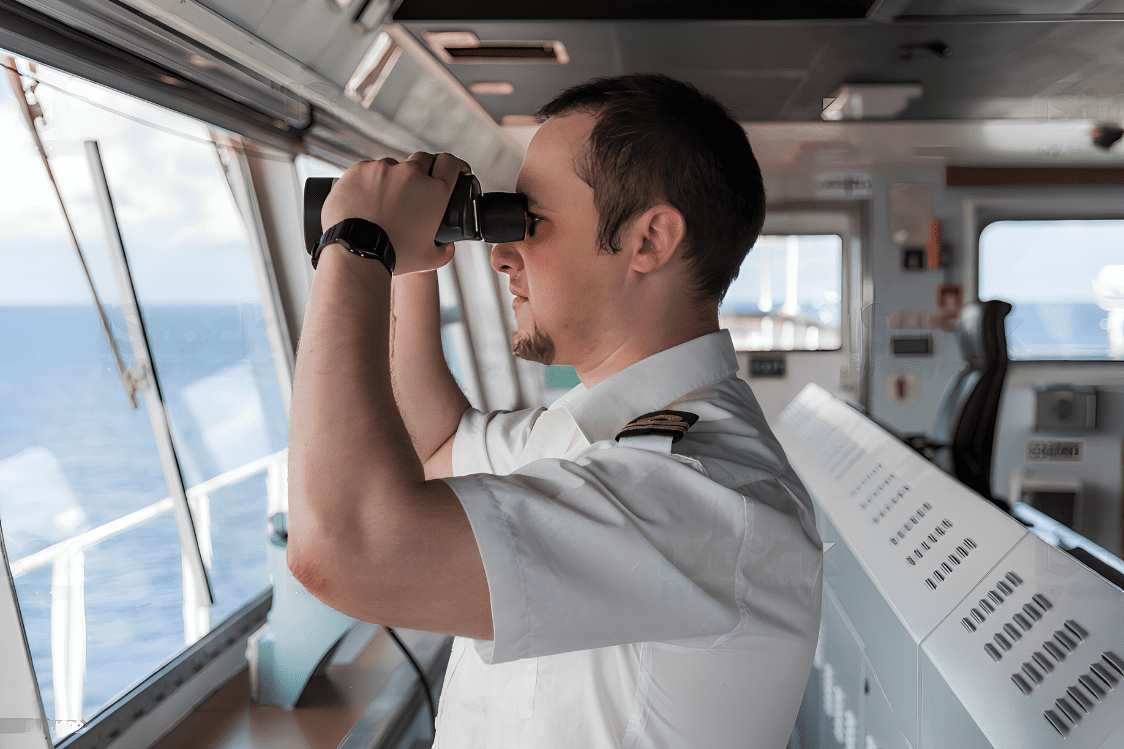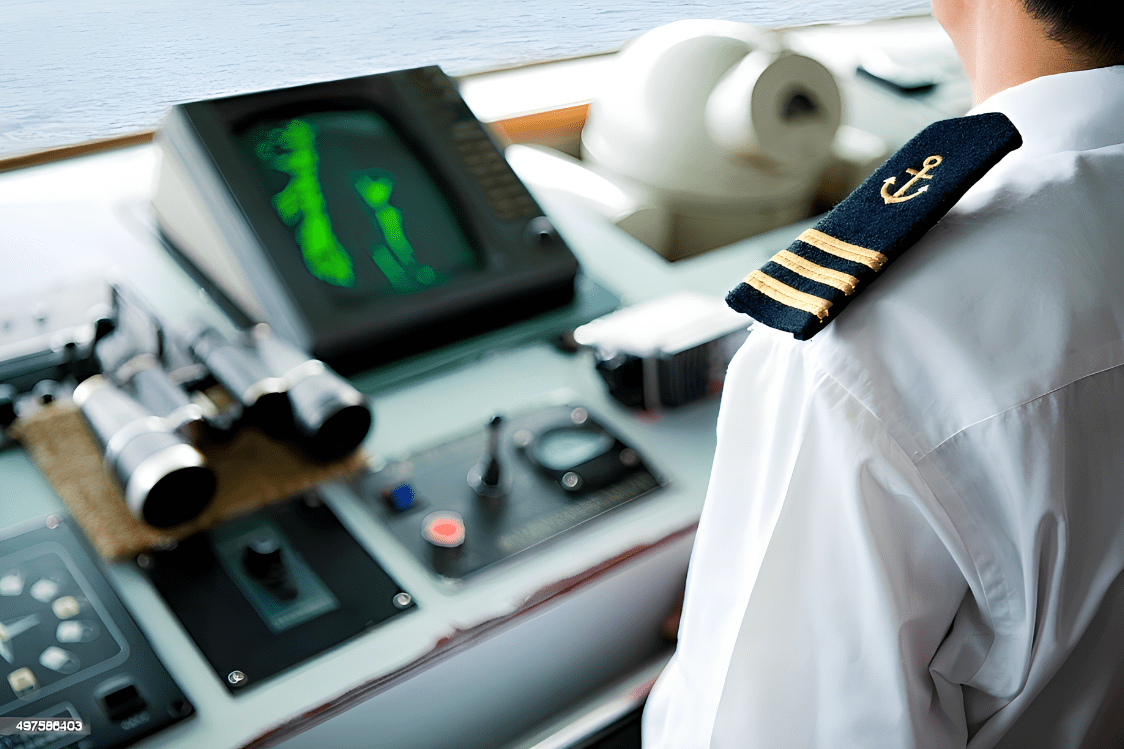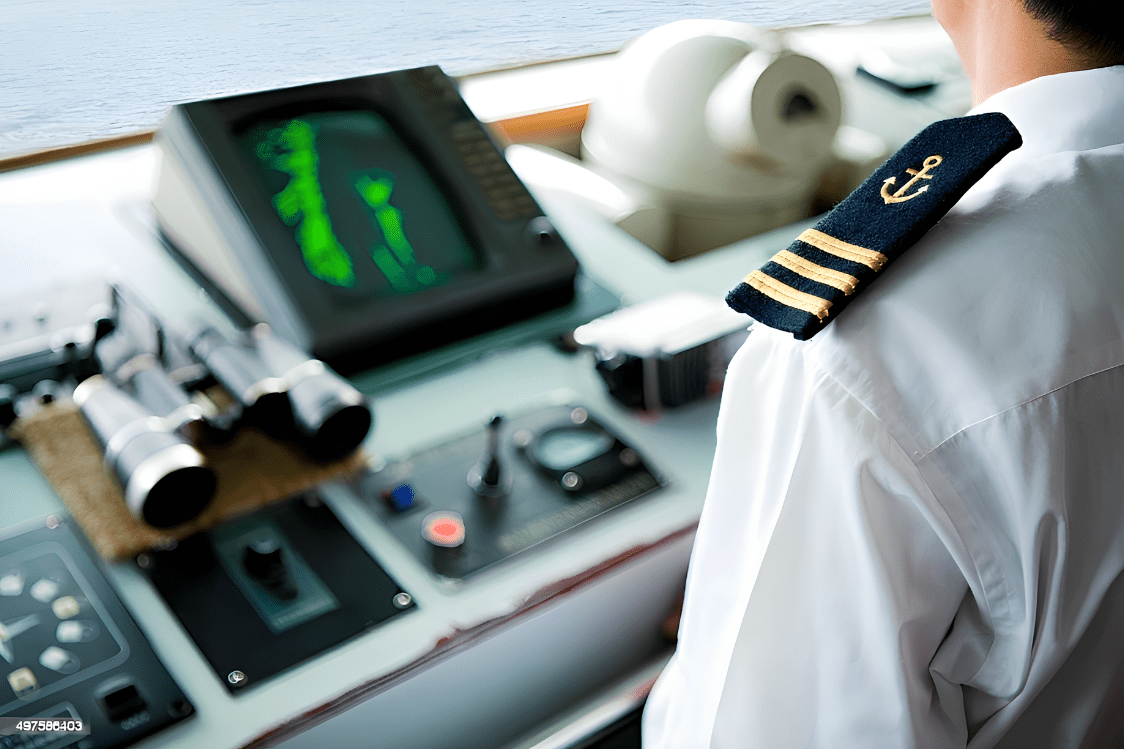SOLAS Convention Updates 2025: What’s Changing in Maritime Safety?
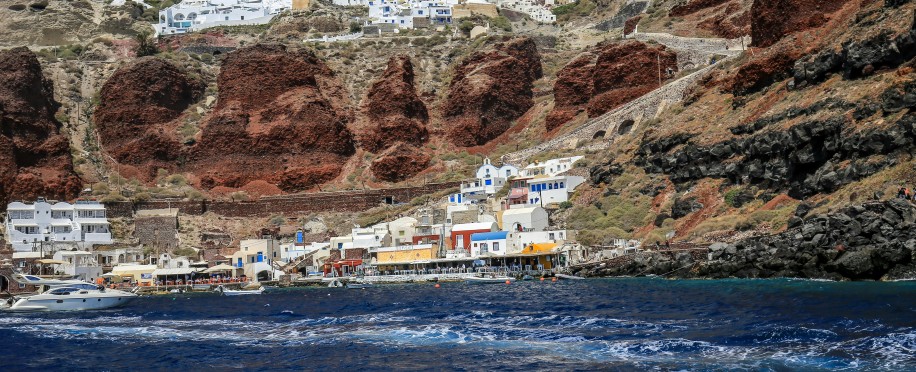
Posted on Feb 24, 2025 at 11:02 PM
The international SOLAS Convention is part of IMO efforts and regulations to guarantee the safety of life and the environment at sea while providing strategies and regulations to keep the maritime industry functioning and empowering the national and international economy.
The main objective of the SOLAS convention, the Safety of Life at Sea Convention, is reaching the minimum impact on the marine environment, reducing pollution, ensuring safety, encouraging the use of greener fuel and sustainable technologies, and guaranteeing development towards eco-friendly technologies.
Continue reading our amazing article to learn more about the International Sea SOLAS convention, minimum maritime standards for ships, and the latest updates and standards of the International Safety of Life at Sea (SOLAS) convention in 2025.
What Is the Safety of Life at Sea (SOLAS) Convention?
The SOLAS Convention, or the International Convention for the Safety of Life at Sea, is an international maritime treaty with mandatory standards that focus on the safety of constructions and ships on the sea, including merchant, private, and tourism ships.
The IMO oversees the achievement of SOLAS standards to reach the main objective for the Safety of Life at Sea (SOLAS) convention with the minimum standards for ship construction, equipment, and operations, including all details from fire safety, navigation, and cargo handling, to life-saving appliances.
Furthermore, the International Maritime Organization adopted the Safety of Life at Sea (SOLAS) convention in 1914 after the Titanic disaster, and has been working on its updates and enhancement to meet changing ships' requirements and sets constantly.
Additionally, the importance of the International Safety of Life at Sea (SOLAS) convention comes from its ability to help prevent accidents, protect lives at sea, enhance global maritime safety, and adopt maritime security technologies solutions for a safer future.
2025 International Updates of SOLAS Convention:
Based on the popular maritime safety security courses in London among USA students, these successive regulation updates reflect the International Maritime Organization's commitment to enhancing maritime safety, environmental protection, and operational efficiency on the international level:
SOLAS Convention Amendments That are Anticipated to Take Effect on January 1, 2025:
International Maritime Dangerous Goods (IMDG) Code:
The IMDG SOLAS Code includes international updated chapters that align with the regarded UN Recommendations on the Transport of Dangerous Goods on ships to ensure safe carriage of dangerous goods and benefit from modern systems in construction and transportation.
Moreover, these consolidated forms and provisions attempt to make shipping operations compatible, at least at the minimum safety level, with IMO conventions despite the shipped goods.
International Maritime Solid Bulk Cargoes (IMSBC) Code:
The IMSBC Code within the international SOLAS framework establishes a basic agreement for emerging risks associated with the contracting and shipping of solid bulk cargoes on ships and vessels.
The IMSBC SOLAS 2025 upcoming amendment focuses on updating the required list of cargo properties and attached handling procedures to boost safety and prevent incidents on the sea.
STCW Convention and Code on Electronic Seafarers’ Certificates:
The STCW Convention aims to enhance the efficiency of maritime operations, and the latest STCW SOLAS convention update is being amended to recognize electronic certificates for seafarers, aiming to update certification processes and reduce administrative problems.
Appendix II of the BWM Convention Concerning the Revised Form of the Ballast Water Record Book (BWRB):
The Ballast Water Management (BWM) Convention's Appendix II is being revised by the SOLAS convention board to update the entitled edition of the Ballast Water Record Book format.
Moreover, the goal of this SOLAS convention update is to improve record-keeping practices, regulate engaged parties, and facilitate better compliance and enforcement of ballast water management standards.
SOLAS Convention Amendments That are Anticipated to Take Effect on May 1, 2025:
MARPOL Annex Regulations on the Establishment of the Red Sea and the Gulf of Aden as Special Areas:
MARPOL Annex I of the international SOLAS convention is being amended to designate the Red Sea and Gulf of Aden as Special Areas, recognizing their ecological significance and vulnerability to pollution.
These Safety of Life at Sea (SOLAS) standards apply stricter discharge standards for ships operating on the sea in these regions.
Amendment to MARPOL Annex VI and Appendix VII on Mediterranean Sea Emission Control Area (ECA):
Amendments to MARPOL Annex VI and Appendix VII are introducing new regulations by applying ECA designation rules and standards to the Mediterranean Sea.
This SOLAS convention update aims to reduce air pollution from ships by enforcing stricter limits on sulfur oxide and particulate matter emissions.
SOLAS Convention Amendments That are Anticipated to Take Effect on June 6, 2025:
Hong Kong Convention on Ship Recycling:
The Hong Kong International Convention for the Safe and Environmentally Sound Recycling of Ships is a part of the SOLAS international framework to set comprehensive standards for recycling facilities and procedures of ships to enhance safety and environmental protection during the dismantling of ships.
In the end,
The Safety of Life at Sea International Convention (SOLAS convention) is one of the most important IMO treaties to boost safety and security on sea by controlling and organizing maritime operations.
However, to benefit and comply with these regulations you need to attend the best maritime security and safety course in London for USA professionals.
